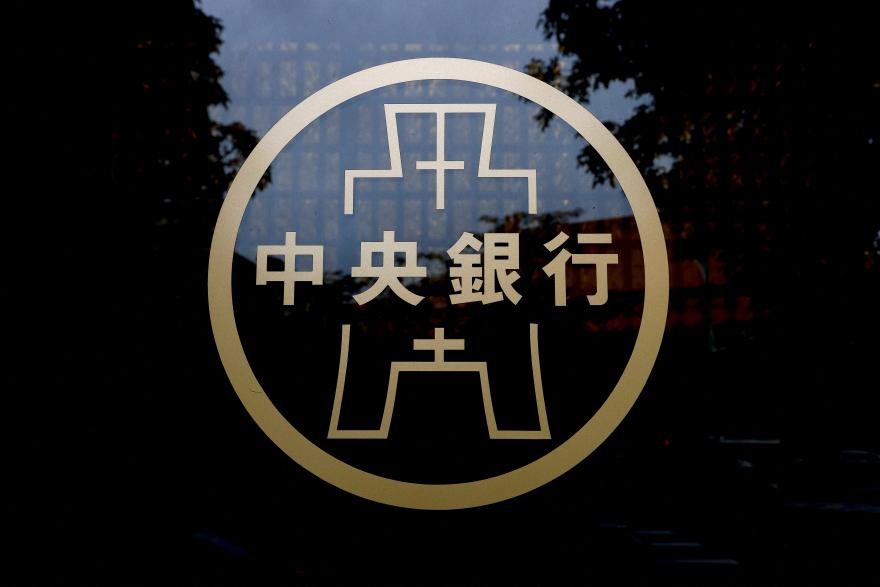Three years ago, while my entire graduation batch struggled to find a job during the Covid pandemic, I found out that my friend got hired by a government ministry as an assistant director.
Director? As a fresh grad? Intrigued – and partly jealous – I asked him about it. It turned out that all 13 members of his team – mostly fresh grads – were given the same title.
It was a contract job that involved speaking to company executives about government grants. The ministry probably gave them a nice-sounding title so that these company bigwigs wouldn’t feel offended sitting through meetings with grunts, he tells me.
And no, the pay was nowhere near a level deserving of that title, he adds.
I e-mailed the Chief HR Officer of the Public Service Division (PSD) for comment on this earlier this week but did not receive a response. A spokesperson for the PSD did, however, tell The Straits Times that public agencies decide on job titles by taking into consideration the “operating and business contexts, and the relative job scope of the role compared with other positions within the same agency”.
Inflated job titles don’t just exist in the public sector. Last week, recruitment agency Robert Walters called out this seemingly growing practice, saying it may create problems for employers and employees alike.
In a statement last week, the company said it found a 24 per cent increase in the number of job positions with the words “manager” or “director” on LinkedIn for professional roles intended for those with just two years experience.
The practice of inflating job titles allows companies to compensate for inadequate pay or advancement opportunities and can be done to keep workers loyal to the company, says Robert Walters Singapore’s country manager Monty Sujanani.
“By promising a nice business card, organisations think they become more attractive to candidates,” he tells me in an e-mail interview.



